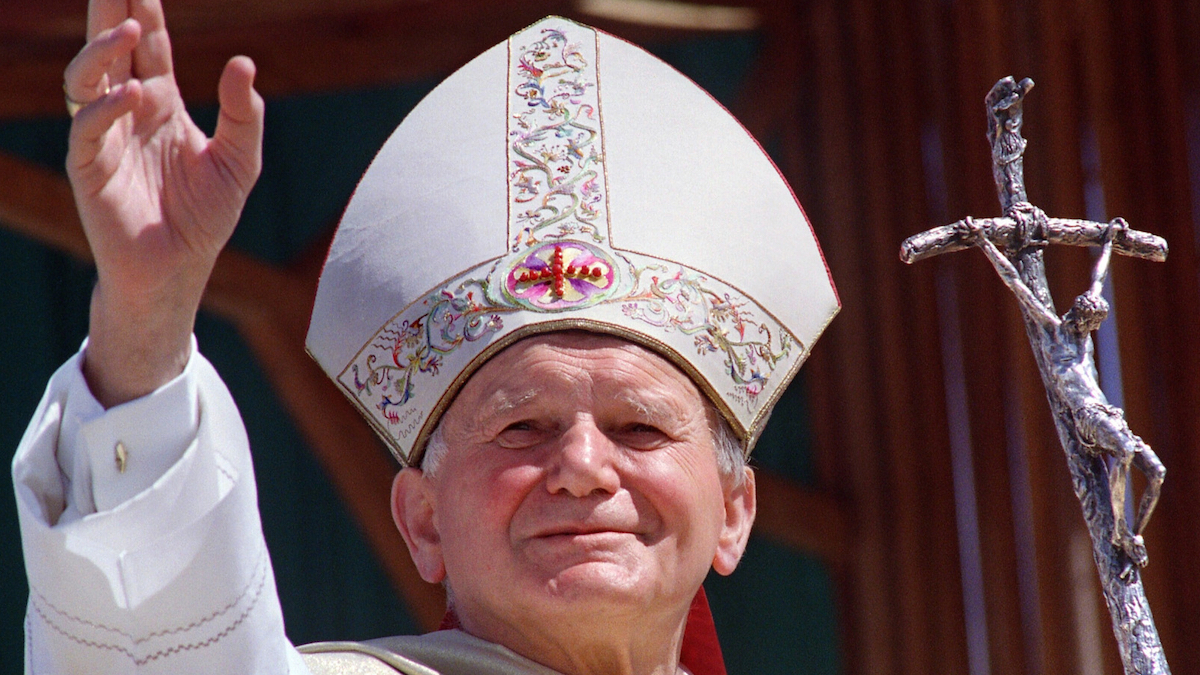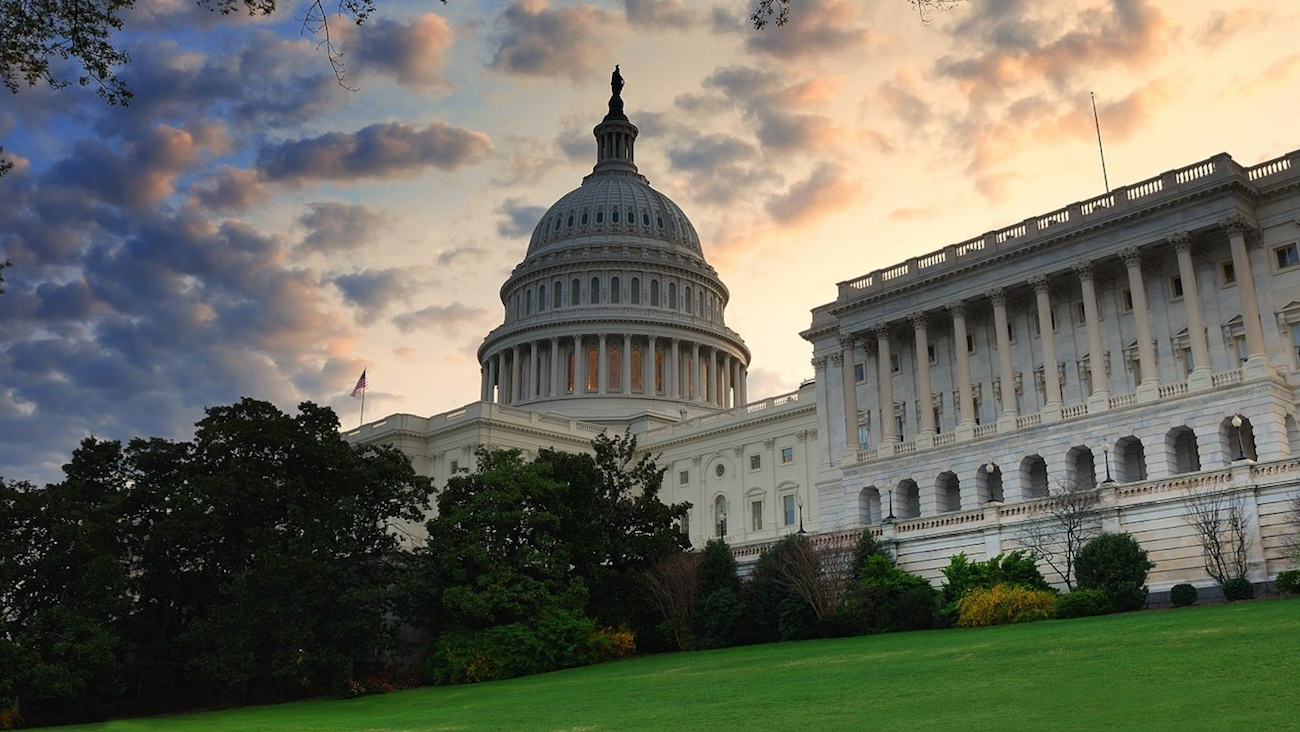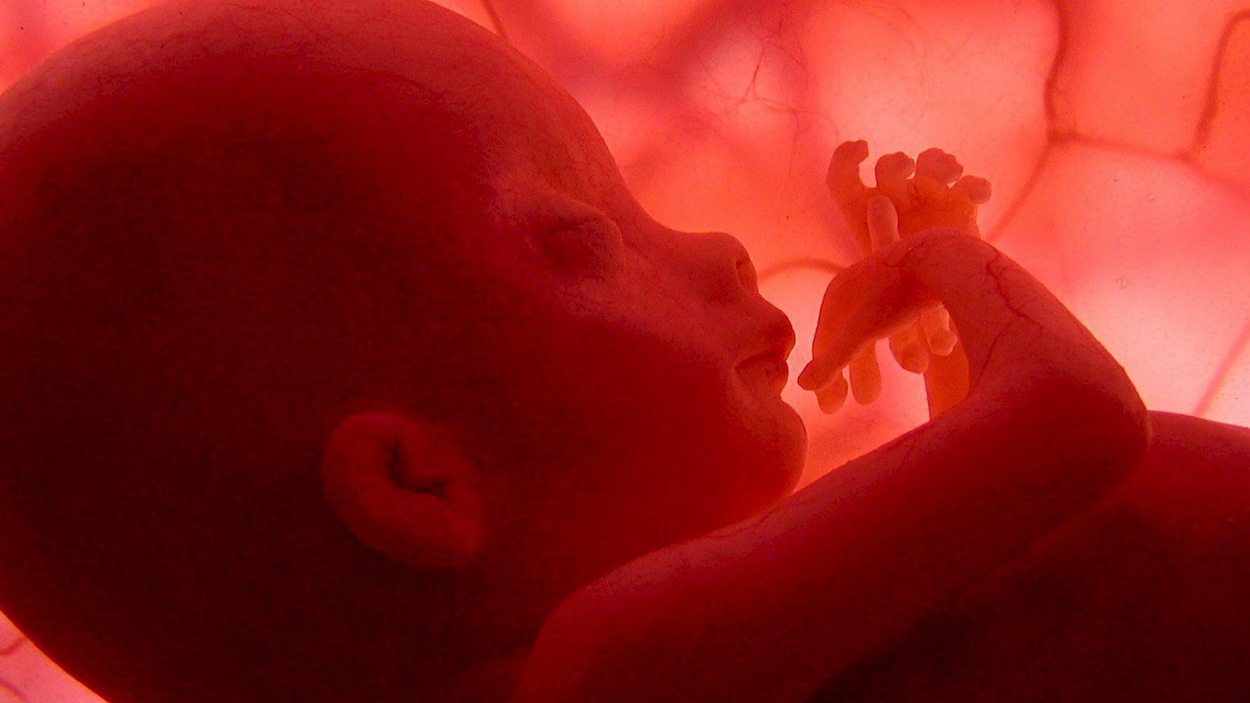One of my daughters once proclaimed that she had a right to her rights. While considering her plea, I remembered an Individual Choice Model proposed by the late economist, Paul Heyne. According to Heyne, all social phenomena emerge from the choices individuals make in response to expected benefits and costs to themselves. At its core, the model presents three elements: choice, action, and cost.
The first, choice, seems at home within our individualistic American culture. Over the years, when discussing this model with college students I have taught, I’ve yet to meet one who would deny themselves their right-to-choose. And so, I raise my hands and holler: Power to the people. May you choose until the sun sets.
Next, I point out that their choice advances by way of an action. For example, if one is a smoker, a decision (choice) has been made to purchase a package of cigarettes having precise words printed upon it:
SURGEON GENERAL’S WARNING: Smoking Causes Lung Cancer, Heart Disease, Emphysema, and May Complicate Pregnancy.
As though I were a prosecutor, I then ask for a student representative willing to be my designated smoker. And we begin.
Have you willingly chosen to purchase and unwrap a package of cigarettes such as these? Have you removed one, affixed a flame to its end, and consumated the process by the act of smoking?
After a yes and with fellow classmates serving as solemn witnesses, I ask another question.
Is it true that you remain comfortable with your choices and actions?
Now having received an affirmative nod, we proceed into the future whereby this smoker, as the Surgeon General forewarned, contracts lung cancer. Sadly, we have arrived at our cost. And at this juncture, the smoker faces a decision of whether to internalize or externalize this tragic reality. By internalizing this news, he/she will have accepted this cost as having been arrived at by-and-through a series of choices and actions. In other words, this individual will have accepted responsibility for his/her decisions. In contrast, he/she may also choose to externalize these costs and deny responsibility for their behavior. By doing so, they blame others for their predicament: tobacco companies, advertisers, etc. They are the ones who not only fostered their addiction, but also their affliction. As such, they must pay.
With this one example, many others surely come to mind. And from this perch, it is easy to see how our society has gone astray. Through our promotion of personal choice—at any cost, we have neglected to remember that every individual right carries with it a corresponding responsibility. After all, are we not our brother’s keeper? Or rather, have we allowed our so-called rights and actions to run roughshod over the lives of others?
Near the end of the 2012 Vice-presidential debate, the Catholic question (on abortion) finally arrived. With the moderator desiring each Catholic legislator’s opinion regarding the practice of abortion (as though the murder of innocent human life is subject to opinion), Vice-President Joseph Biden (D-DE) noted that he would not impose his religious values upon others whereas Rep. Paul Ryan (R-WI) declared that a Romney administration would uphold the right-to-life in all cases other than rape, incest, or the life of the mother.
As I listened to this political gnashing of teeth, I was drawn to Saint John Paul II’s 1995 encyclical, Evangelium Vitae. There, he noted that:
…the roots of the contradiction between the solemn afirmation of human rights and their tragic denial in practice lies in a notion of freedom which exalts the isolated individual in an absolute way, and gives no place to solidarity, to openness to others and service of them. While it is true that the taking of life not yet born or in its final stages is sometimes marked by a mistaken sense of altruism and human compassion, it cannot be denied that such a culture of death, taken as a whole, betrays a completely individualistic concept of freedom, which ends up by becoming the freedom of the strong against the weak who have no choice but to submit. (pp. 36-37)
Continuing, St. John Paul II declared that every man is his brother’s keeper (Gen 4:9) because God has entrusted us to one another through a freedom that is inherently relational.
In returning to our choice model, it is wise to note that our individual rights, choices, and actions are inextricably tied to others. As relational beings, we are not islands unto ourselves. So, with our many choices impacting and imposing costs upon others, perhaps it is wise that we proceed with gentle and loving kindness. And from that procession, maybe peace will flow through the entire Body of Christ.








